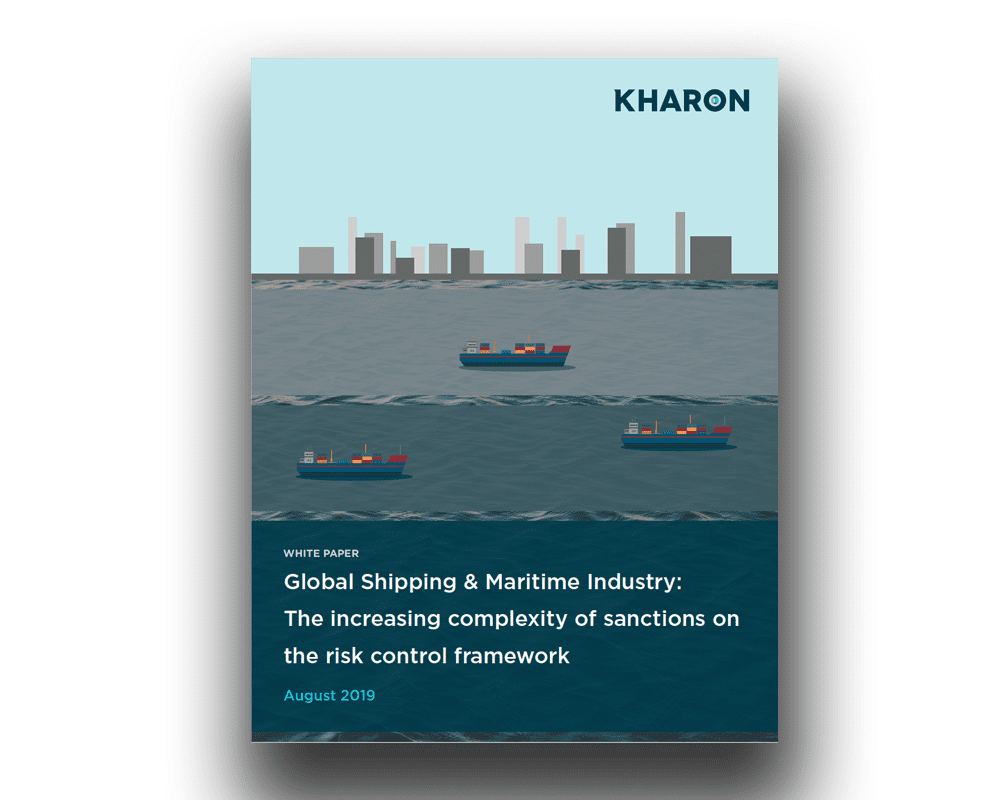In the last two years, the United States and its international allies have significantly increased the use of sanctions against illicit maritime networks engaged in commerce in support of the regimes in North Korea, Syria, and Iran, as well as actors that continue to trade with Crimea. The U.S. has also imposed sanctions against maritime firms and vessels that are transporting oil from Venezuela to Cuba and other destinations.
This paper examines the different ways in which stakeholders are impacted by sanctions-related networks and their actions within the maritime industry. It also outlines recent regulatory guidance and provides typologies of sanctions network risk within the maritime industry based on analysis of sanctioned maritime networks globally.
“To manage the challenge of sanctions network risk in the maritime industry, it is important to consider the broader array of actors across global supply chains that may be exposed. Agents and brokers who facilitate contracts between buyers and sellers, as well as goods distributors and traders may encounter exposure to sanctioned networks through their roles in international trade. Parties involved in the transportation of goods, such as owners and operators of vessels, charterers who coordinate voyages, lessors, shippers, and consignees, may touch illicit trade flows through their roles in maritime commerce. This sanctions network risk also poses challenges for financial institutions that provide payment and trade finance services to the maritime industry.”
Kharon is a research and data analytics company that provides financial services firms and multinational corporates with solutions to manage the risk of exposure to networks targeted by sanctions. Kharon is founded and led by former officials of the U.S. Department of the Treasury. Kharon is the definitive resource for sanctions network intelligence.
Instant Download: Read it Now
Can’t see the download form? Disable your ad blocker.



